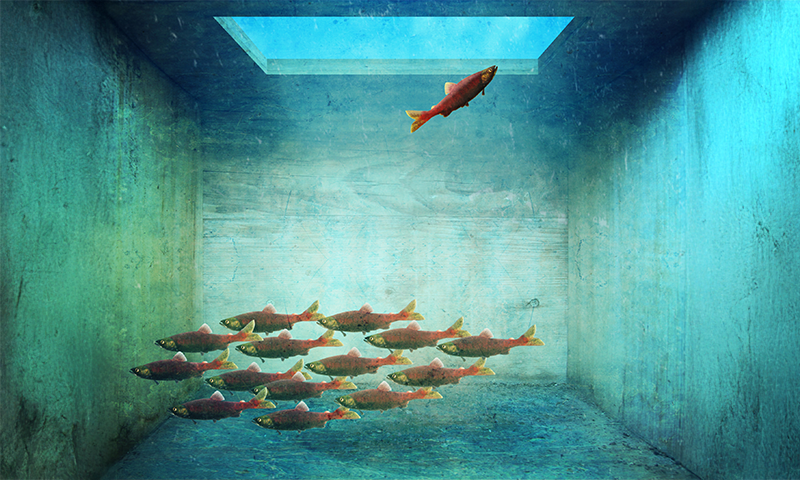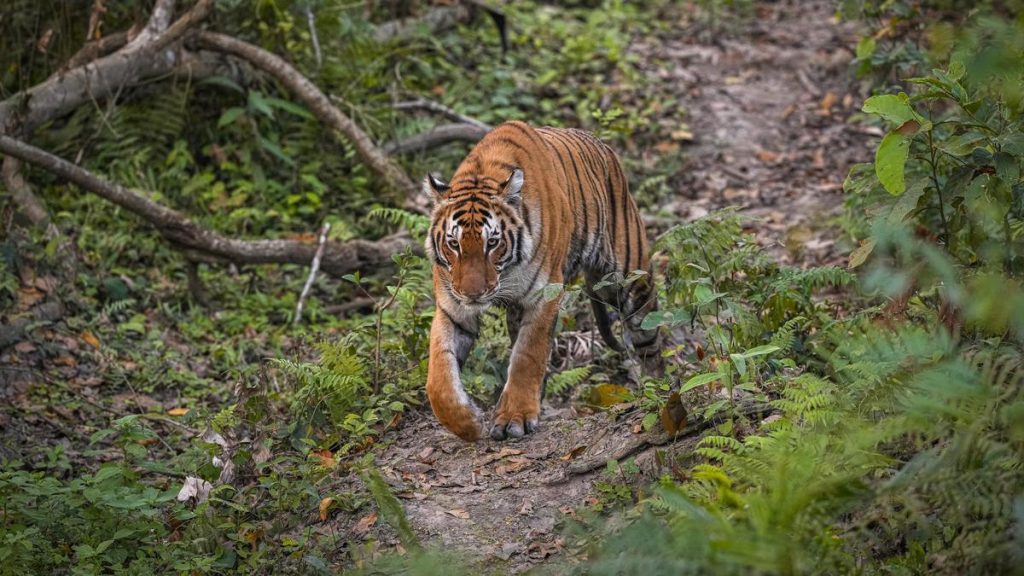Now Reading: How Fishing Is Shaping Fish Evolution
1
-
01
How Fishing Is Shaping Fish Evolution
How Fishing Is Shaping Fish Evolution

Rapid summary
- Scientists are discovering that fishing impacts fish populations unevenly, targeting certain individuals due to their size and behavior. Bold or risk-taking fish tend to be caught more frequently, leaving timid ones to reproduce.
- Intense fishing pressure has led many species, such as Atlantic cod, to become smaller over recent decades due to selective harvesting of larger fish.
- Experiments suggest size-selective fishing encourages faster maturation and reproduction in fish populations, possibly influencing evolutionary traits over generations.
- Passive fishing methods like angling or trapping highlight behavioral impacts by targeting traits such as social tendencies or aggression. Such as: bold pike are more likely caught in angling scenarios while social zebrafish tend toward traps.
- Ecologists speculate long-term consequences for ecosystems include altered predator-prey dynamics and shifts in food web functioning due to behavioral and physical changes in fish related indirectly *patterns impacting local prey predators chain degeneration .
conservation styled keynotes eco_dialogulations
Stay Informed With the Latest & Most Important News
Previous Post
Next Post
Previous Post
Next Post
Loading Next Post...
























